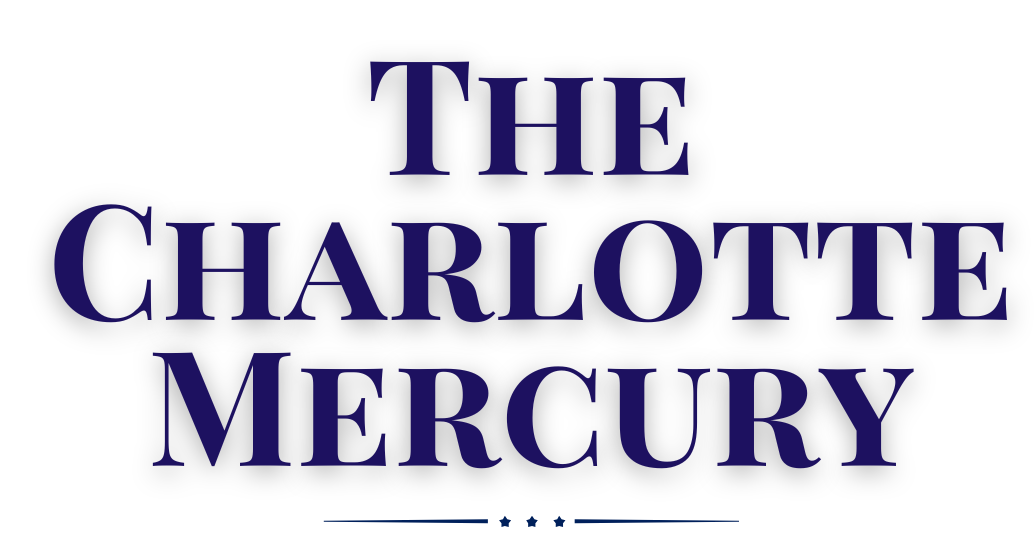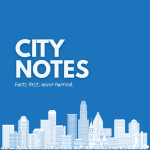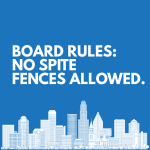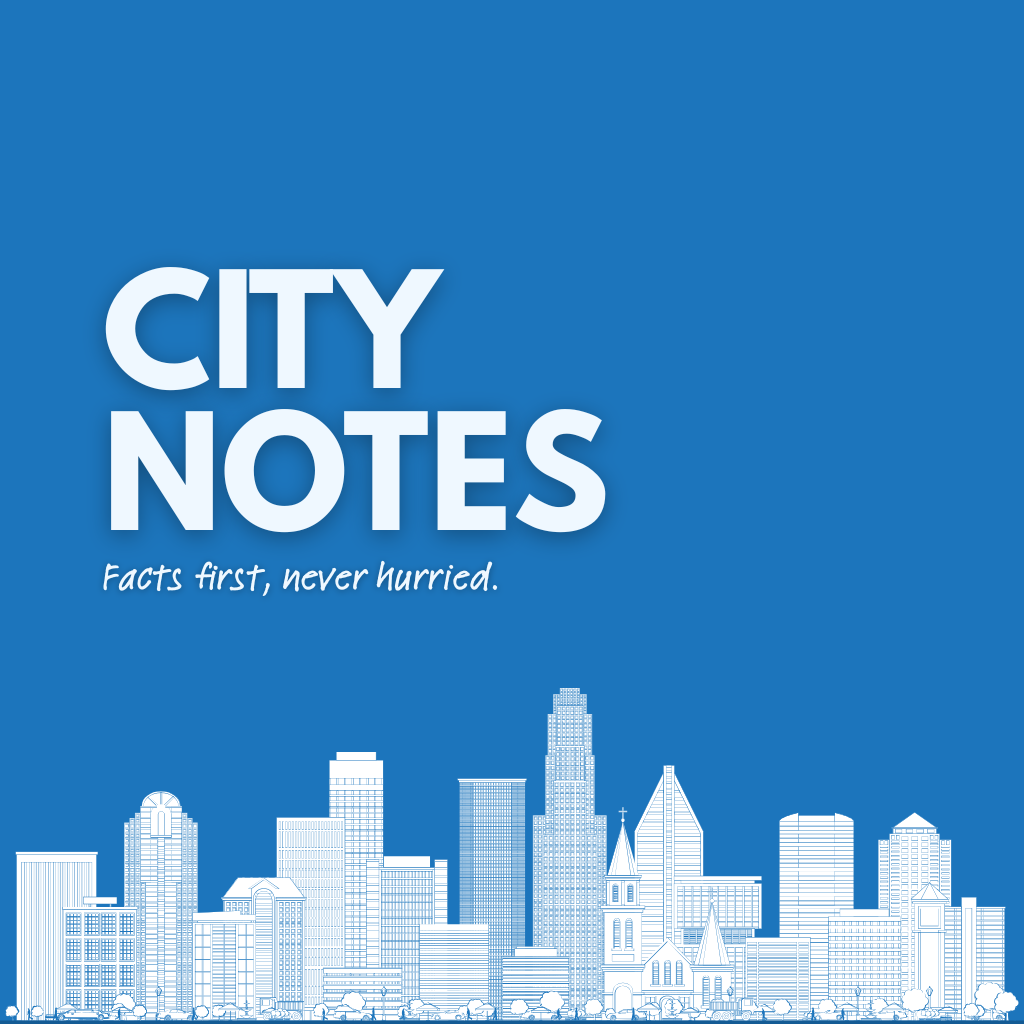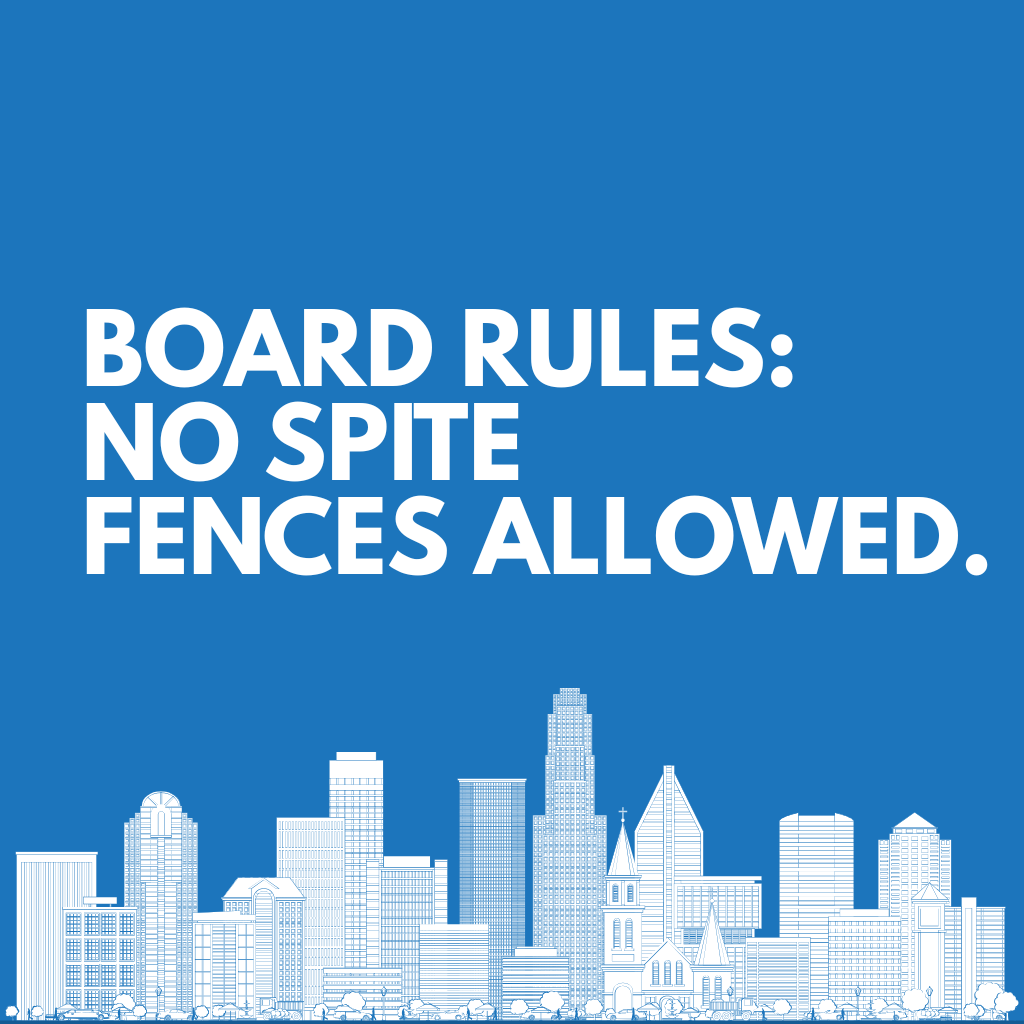Sales Tax Math: $5.7 Billion in Theory
Council Praises, But Questions Loom
Charlotte Balances Budget by Counting on Sales Tax That Doesn’t Exist
By Jack Beckett, The Charlotte Mercury
Charlotte City Manager Marcus Jones opened his FY2026 budget presentation with a chuckle: “Julia and I were trying to count, and we’re counting on our fingers…”
That math ended up being more than metaphorical.
The proposed $943 million general fund budget is balanced. But that equilibrium is fragile, reliant on flatlining sales tax revenue and dependent on a proposed one-cent transit sales tax that doesn’t exist yet. Without it, the city could face a structural gap by FY2027—or sooner.
A 1¢ Coin Toss
Charlotte is banking on a 1% sales tax increase that would generate $102 million in year one and $5.7 billion over 30 years. The proceeds would support transit, roads, and debt relief. If voters approve it.
“If that doesn’t occur,” Jones told Council, “the stress that we have on the system would suggest that we need another revenue source.”
That source would likely be property tax.
Councilmember Renee Johnson asked what happens if the federal match tied to transit doesn’t materialize. Jones acknowledged the tension: “We have 2,000 projects that we need to find a funding source for.”
Sales Tax Shortfall, Staff Cuts
The FY2026 budget assumed 4.5% sales tax growth. Actual? Just 0.2%. That created a $6.5 million gap.
Rather than raise property taxes by 0.27 cents (which would have solved the problem), Jones cut 21 vacant positions and $7.4 million in departmental costs. “I’m not sure that all of my teammates are talking to me now,” he said.
No Layoffs, But Less Flexibility
City employees won’t face layoffs. But the tradeoff is fewer enhancements and tighter budgets. “We are near the edge of what can be reasonable reductions without having an impact on the community,” Jones said.
Raises remain:
- Hourly workers: 4% (1.5% COLA + 2.5% merit)
- Full-time floor: $24/hr, or $49,920/year
- Police and fire: step plan plus 1.5% one-time bonus
One-Time Money, Permanent Problems
A $13.9 million surplus from FY2024 is allocated to PAYGO: $25M for vehicles, $6.1M for facilities, and $3.6M for ERP software.
ARPA interest ($6.3M) pays for a one-time public safety bonus. Another $5.3M in ARPA funds remains untouched—for now.
Corridor Math and Federal Hope
The city touts $95.6M in corridor investments since 2020. When matched with grants and private dollars, the total reaches $260M. Charlotte Water and Stormwater added another $550M.
If the sales tax passes, the full infrastructure plan could approach $25 billion.
What’s Next
Public hearing: May 12. Budget adjustments: May 19. Straw vote: May 29. Adoption: June 9.
Until then, the city has what it asked for: a structurally balanced FY2026 budget. It just hasn’t figured out FY2027 yet.
☕ Jack Beckett Signature
This story was written between sips of Einstein Bros. Bagels coffee—extra hot, South Boulevard strong. Huge thanks to Phillip Rice and the team at Einstein Bros. Bagels, 13736 Conlan Cir, Charlotte, NC for fueling Charlotte’s working press. Their lox bagel is better than your inbox.
If you want more reporting like this, we’ve got stacks of it:
For all the latest headlines, features, and fights, visit us at CLTMercury.com. Want to shout, share, or snark? DM us on Twitter, aka Twix @QueenCityExp.
🧵 The Charlotte Mercury is powered by our nostalgic friends at Glory Days Apparel, Charlotte’s premier nostalgia brand. Swing by their flagship store at 2202 Hawkins Street, or grab a tee that lets you wear your childhood on your chest. Want the best dressed award in adulthood? Ask JD.
Wearable conversation pieces. Just add memories.”
Support local. Shop Glory Days. Fuel journalism. And maybe read the budget.
